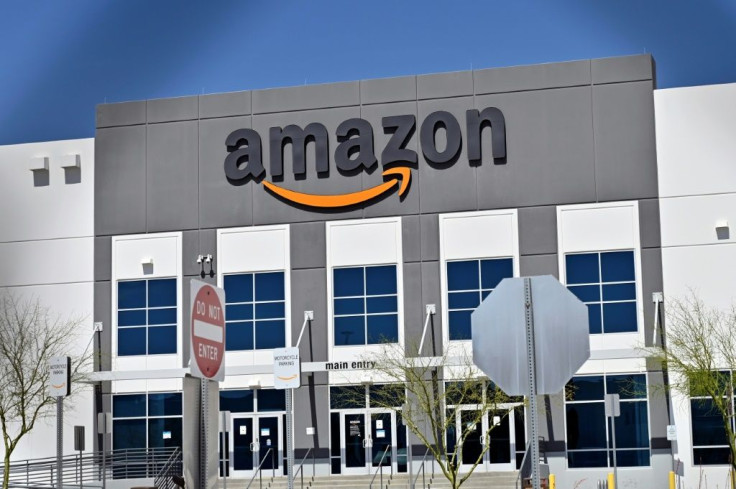Deal For Largest-Ever New York City Warehouse Provides Insight Into Amazon's Strategy
Amazon.com inked an agreement to lease for a 1-million-square-foot warehouse in Queens, the largest such facility in New York City, according to a report that first appeared in Business Insider. The e-commerce giant will demolish the existing structure, a former containerboard factory, and build a massive new warehouse in its place.
The enormous new building will be custom-designed to Amazon's specifications, which provides insight into the company's urban strategy going forward. The four-story facility will feature a rooftop parking structure that will house a fleet of Amazon's delivery vehicles, in a city where the ability to find parking comes at a premium.
The residential and commercial community of Maspeth, which will house the new location, is a strategic hub that is centrally located in New York City. The area's positioning in the borough of Queens provides easy access to three of the four remaining boroughs -- Manhattan, Brooklyn, and the Bronx (the fifth is Staten Island).
"We are excited to increase our investment in the New York City area with a new delivery station that will provide fast and efficient deliveries and create hundreds of job opportunities for the talented local workforce," an Amazon spokesperson said in a statement on Tuesday.
Amazon is also reportedly eyeing a 620,000-square-foot building with a warehouse and office space in the Red Hook neighborhood of Brooklyn, after previously inking deals for warehouses in New Jersey and the South Bronx.
By controlling warehouse space in densely populated areas, as well as parking facilities for its delivery vehicles, Amazon controls "the last mile," or the final leg of the journey a package makes during the delivery to the customer's home.
The new facility will edge out the size of Amazon's largest existing NYC warehouse in Staten Island, which clocks in a nearly 1-million-square-feet.

This article originally appeared in The Motley Fool. The Motley Fool has a disclosure policy.



















